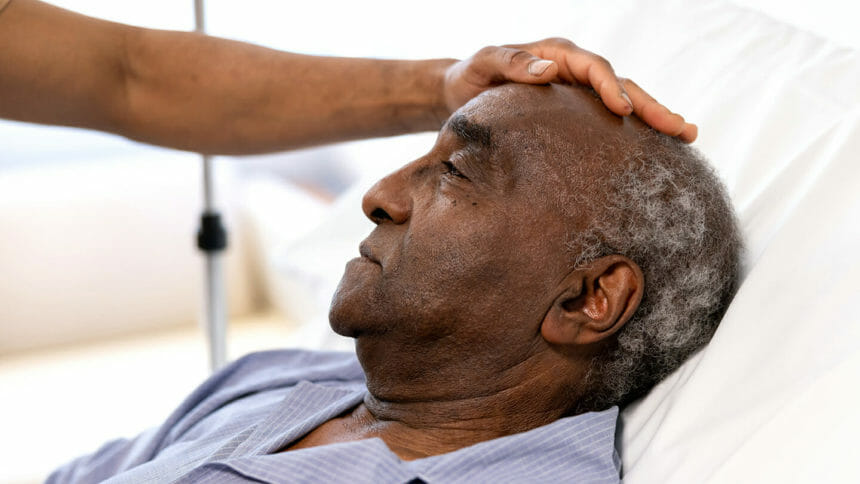
A new study published in JAMA Health Forum reports that Medicare Advantage (MA) enrollees receive less intensive end-of-life care compared to those in traditional Medicare (TM). To identify this conclusion, researchers analyzed national Medicare claims data for more than 1 million decedents from 2016 to 2018.
The study found that MA enrollees were less likely — 1.6 percent less — than people in traditional Medicare to receive potentially burdensome treatments in their last six months of life. They were also 3.3 percentage points less likely to die in a hospital.
However, when hospitalized, MA enrollees were 1.3 percentage points more likely to die in the hospital and 5.2 percentage points less likely to be transferred to skilled nursing facilities. This reduction in facility-based care was partially offset by higher rates of home health and hospice care among those discharged home.
The researchers observed similar patterns when focusing on a subgroup of patients with life-limiting conditions such as cancer, dementia or end-stage organ failure.
While MA enrollment was associated with slightly higher rates of hospice use, overall hospice utilization remained low. Only 16% of MA decedents with life-limiting conditions received hospice care for 30 or more days before death.
In the published report, study authors suggested that financial incentives in MA plans may reduce overutilization of services but could also restrict access to necessary care. They noted that the greater reliance on home-based care in MA may improve quality of life for some patients but could also leave others without adequate assistance after hospitalization.
The final analysis proposed that receipt of less facility-based and potentially burdensome care near end-of-life may improve quality of care for MA decedents. However, the greater reliance on home-based care may leave patients with unmet needs or relying on informal care assistance.




